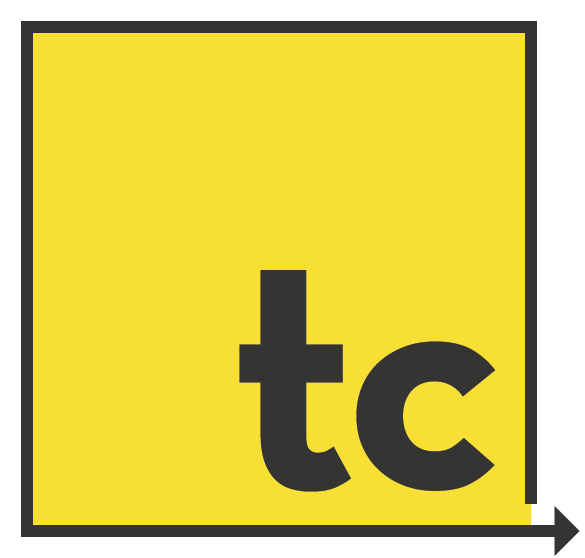Developing Javascript with
Class
by Mike Geyser
JSinSA 2014
Overview
- Introduction
- Status Quo
- ECMAScript 6
- Traceur
Status Quo
How do we write OO Javascript today?
Class definition
var Model = function(name, options) {
this.name = name;
this.options = options;
};
var someModel = new Model("Some model", { option: 1 });
So, basically just a function..
Namespace
(function(ns){
var model = function() { };
ns.Model = model;
})(window.ns = window.ns || {});
So, basically just a function..
Inheritance
var Parent = function() { };
var Child = function() { };
Child.prototype = new Parent(); // wut?
var child = new Child();
- I just.. I don't even..
- (This is usually where people give up on OO)
Lipstick on a pig
var Parent = function() { };
var Child = $.extend({}, Parent);
// or
var Child = Parent.subclass({});
// or
var Child = beget(Parent, {});
// and they all pretty much do
_child.prototype = _parent.prototype;
return new _child();
- A million different variants to facilitate the copying.
- But no standard way to make inheritance not suck.
Method overriding
var Child = function() {
// Constructor
Parent.call(this);
};
Child.prototype.someMethod = function() {
// Method
Parent.prototype.someMethod.apply(this, []);
};
- Explicitly changing the scope of 'this'.
- (So, basically a hack.)
To summarise
- Class: an instantiated function
- Namespace: an immediately-invoked function
- Inheritance: the stuff nightmares are prototyped from
- Overriding: a hack involving changing 'this'
We do this every day...
(And yet we wonder why people don't take javascript seriously.)
Intermission
In which we wait for someone to shout:
"This is why you should favour composition over inheritance!"

ECMA Script 6
Code-Name "Harmony"
Class definition
class Model {
constructor(){
this.name = name;
this.options = options;
}
};
var someModel = new Model("Some model", { option: 1 });
- Explicit class declaration.
- Explicit constructor definition.
- Same usage.
Modules
// module1.js
export class Model {
}
class PrivateModel {
}
// module2.js
import { Model } from 'module1.js'
Namespacing is a part of the problem, not the solution.
Modules
- Explicit module definition.
- Allows for module-localised classes.
- Module exports can't be modified.
- Deferred initialisation
Inheritance
class Parent {
}
class Child extends Parent {
}
var child = new Child();
Sane inheritance syntax.
Still prototypal inheritance under the hood.
Method overriding
class Child extends Parent {
constructor() {
super();
}
someMethod () {
super();
}
}
- Sane overriding syntax.
- No need for explicit handling of 'this'.
To summarise
- All new language features.
- Simple, unambiguous syntax.
- Still prototypal inheritance.
That sounds great, when can I start?
Officially.. Well.. No one knows.
(Dramatic entrance. Stage left.)

google traceur compiler
Traceur
- Google project
- JS.next to JS.today compiler
- Runtime as well as 'build' time
Traceur
- Reference compiler and bootstrapper.
- Script type 'module'
Enough! Show me the code...
Precompile
$ npm install traceur
$ traceur --out output/module.js --script/module.js
Grunt, gulp or build server.

So... This is all just syntactical sugar, right?
Is this going to change?
Isn't this a lot like CoffeeScript / TypeScript / Dart?
Is traceur really ready for production use?
Summary
- Simple, unambiguous syntax.
- Same prototypal behaviour.
- Progressive enhancement with Traceur.
 @mikegeyser
@mikegeyser